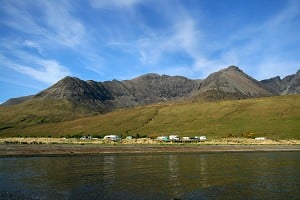In reply to Bottom Clinger:
I'm using a Kodak 'Slide N Scan' scanner. It does slides & negatives, but only to Jpeg files.
I have many boxes of my own slides and prints and recently inherited many more from my late father.
The image quality is good enough for me as they are stored on Google photos and occasionally on social media.
For the prints I use an App on my phone, which are also Jpegs.
The scanner has a small screen to view the slide.
It is a slow process, mainly due to looking at all the slides & prints to decide which to scan and then reviving fond memories.
There is a fair bit of staring into nothing and thinking of past adventures.
I am taking the view that although I will end up with only a small fraction of the original images, they are at least more easily accessible compared to a lot of boxes gathering dust in the attic.
